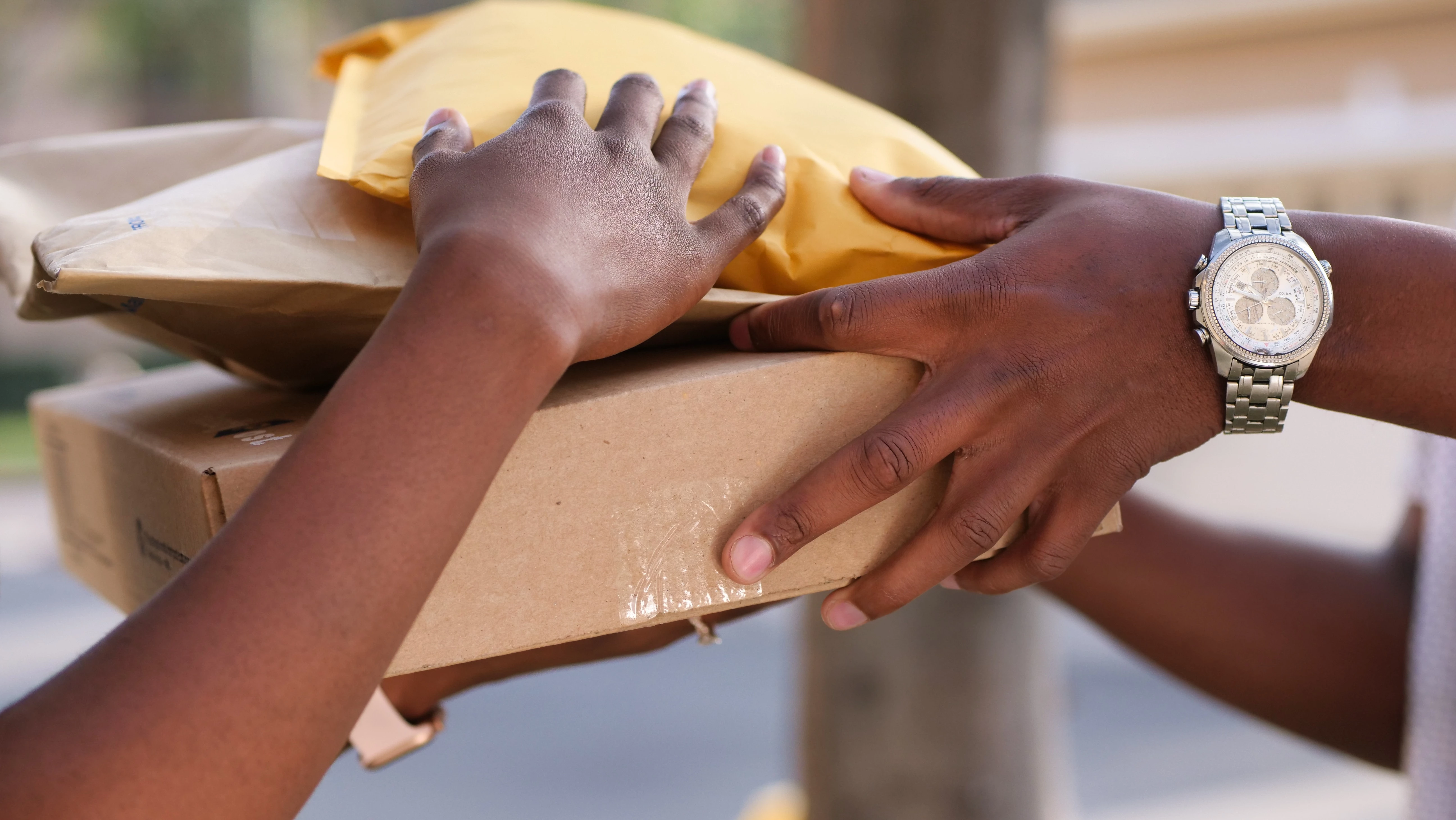
Partner Article
An industry that keeps delivering: the future of q-commerce
Since the pandemic, q-commerce has been on a journey of continued evolution. It has pivoted from being a cost-intensive treat-based service to one that can get people essentials.
Now, the category as a whole is moving beyond groceries and meal deliveries as large industry players are discovering the benefits of ultra fast deliveries and supplementing their brick and mortar stores with digital shopping experiences. This has meant expansion into retail categories, including health and care products, fashion and electronics.
With this evolution in mind, I explore what the future holds for q-commerce and why this is an industry with a lot more to deliver than groceries.
New consumers mean new avenues
As McKinsey argues, “Before the pandemic, online grocery had a more concentrated appeal … Now, offerings have expanded to address more shopping missions and customer segments.” This is partly down to how q-commerce has pivoted to adapt to evolving customer behaviour – moving quickly to break down preconceived notions of fast delivery to include electronics, beauty and pet care. The introduction of these items is well-suited to q-commerce because of their small size, how urgently they’re needed, and the higher price offers a higher margin of profit for retailers. We can expect to see more additions to the q-commerce roster in the future.
Diversifying the q-commerce ecosystem
Despite the size of some larger grocery players, many have been slow to establish an e-commerce presence. In fact, for over 3 in 10 of the bigger partners on the Glovo platform, this is the first time they have entered the online space. Because of the level of partner support, q-commerce offers an easy entry point for brands to launch and perfect their digital sales offering. And by recruiting more and more companies into the q-commerce ecosystem, we can expect platforms to continue to attract and retain customers who increasingly find everything they need in one place.
Increasing focus on sustainability
Another consumer-led area of opportunity for q-commerce is sustainability. According to our research, 85% of UK businesses believe consumers want more sustainable options, and this is a key way big players can show their support for the welfare of communities and the environment. To meet customer demand, 40% of UK businesses are planning to invest in sustainable packaging options, with Glovo, for example, launching an initiative to offer discounts on close-to-expiry and surplus stock – in addition to promoting better stock management through its technology resources. This extends beyond grocery delivery too, with biodegradable bags for clothing and incentives to reimburse shoppers for returning or reusing old plastic bags and containers. This shows how, as q-commerce’s repertoire diversifies, so too do its values.
Your q-commerce future is on its way
On a mission to occupy a pivotal role in the lives of consumers and to continually adapt to changing customer behaviour, the sky’s the limit for q-commerce. But whatever it might look like in the future, one thing is for sure – to survive, it must continue to recognise and reward its co-dependence on not just the consumer, but businesses, the environment and local communities.
Daniel Alonso Moreno, VP of Q-Commerce, Glovo
This was posted in Bdaily's Members' News section by Tech Expert .






 A legacy in stone and spirit
A legacy in stone and spirit
 Shaping the future: Your guide to planning reforms
Shaping the future: Your guide to planning reforms
 The future direction of expert witness services
The future direction of expert witness services
 Getting people into gear for a workplace return
Getting people into gear for a workplace return
 What to expect in the Spring Statement
What to expect in the Spring Statement
 Sunderland leading way in UK office supply market
Sunderland leading way in UK office supply market
 Key construction developments in 2025
Key construction developments in 2025
 Mediation must be part of planning process
Mediation must be part of planning process
 From apprentice to chief financial officer
From apprentice to chief financial officer
 Don't stifle growth with apprenticeship cuts
Don't stifle growth with apprenticeship cuts
 The start-up landscape: What lies ahead in 2025
The start-up landscape: What lies ahead in 2025
 JATCO adds welcome drive to automotive sector
JATCO adds welcome drive to automotive sector